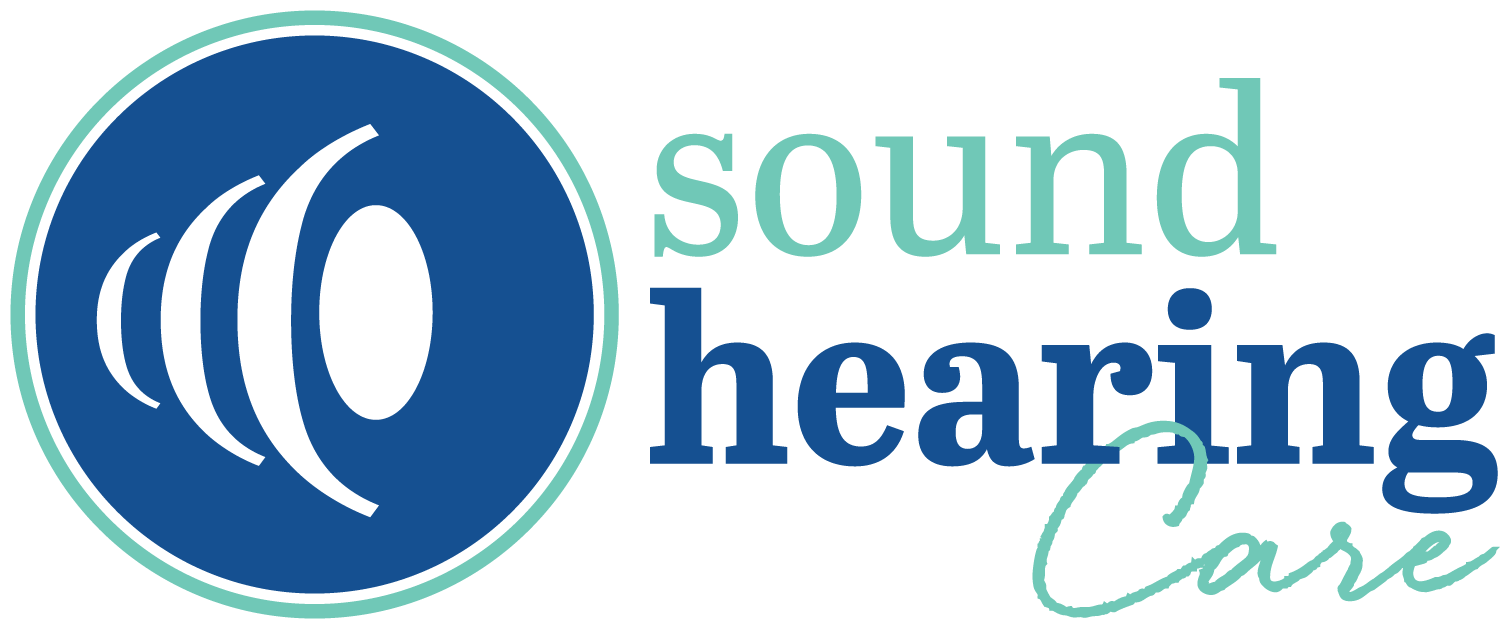Reduce Noise with Earplugs — Learn Your Options!
Depending on how loud a noise is and how often you hear it, noise can damage your hearing in as little as two minutes or in as long as a period of many years. Any sound 70 decibels or more can damage your hearing. Everyday things like a washing machine, a dishwasher, or traffic that you can hear from inside your car can make noise at 70 decibels (dB) or louder. One easy way to protect your hearing is by wearing earplugs when you are going to be exposed to loud noises.
Types of Earplugs
First, what earplugs are available, and what is the difference in function and price?
Disposable earplugs are the most common form, and they often come in foam. You can get a box of ten or more pairs for just a few dollars in places like drug stores and grocery stores. Some event venues offer them for free. The deeper you put them into your ear, the more they block sound. However, that sound may be muffled and not clear.
Pre-molded, reusable earplugs are a step up from the foam option. They are usually made out of silicone or plastic, and they often have filters that reduce noise rather than just muffle it. If you are going to a concert where you want to hear the music, this type of earplug is better than the foam one. They typically cost between $10 and $50 a pair, but both less expensive and more expensive models exist.
Custom earplugs are made just for you — for your ears and your situation. A hearing professional will make a mold of the inside of your ear and send it to a lab so that the earplug will fit into your ear perfectly. Since the earplug is fitted to your ear, you won’t feel the pressure you may feel with the other types of earplugs. Also, you can get features to match your needs. For example, if you are a dental hygienist, you may want to lessen the sound of your drill but still be able to understand what your patient is saying. A custom earplug can do both. Custom earplugs start at around $100 but can be more if you have special needs.
How Much Noise Will Earplugs Reduce?
You can determine how much noise an earplug will reduce by looking at the Noise Reduction Rating (NRR) listed on the box. In the case of custom earplugs, your hearing healthcare provider can tell you the NRR. The NRR is measured in decibels, but the number of the NRR doesn’t give you the exact number the earplugs will reduce the sound. One method of getting an exact number is to take the NRR number (in dB), subtract seven, and then divide by two. Therefore, if you have earplugs with an NRR of 32, the formula would be (32-7)/2=12.5. If you are enjoying firecrackers at a family Fourth of July celebration, the noise could be as high as 150 dB. The earplugs would only reduce it to 137.5 dB (150-12.5=137.5).
When to Wear Earplugs
Once you decide on the right earplugs for you, you should wear them anytime the sound around you is too loud. Here are some times you may experience too much noise (anything over 70 dB):
While using leaf blowers or lawnmowers
During a motorcycle ride
When shooting guns
At a subway station when the subway is approaching
At loud venues, such as music concerts or bars
If you are unsure of when noise is too loud, you can even get an app such as Decibel X for your phone that measures the dB of sound around you!
How We Can Help
If you are regularly exposed to loud noise or if the standard foam, silicone, or plastic earplugs are uncomfortable for you, consider custom earplugs! We can fit you with the perfect earplugs for your situation, and we can advise you about when you use them. We would love to help!
Please contact us online or call 864-881-1663 to schedule an appointment. Our four convenient locations in Simpsonville, Greer, Travelers Rest, and Greenville will make getting your tinnitus checked easy. Plus, we even offer Saturday hours with our audiologist in our Simpsonville location.

